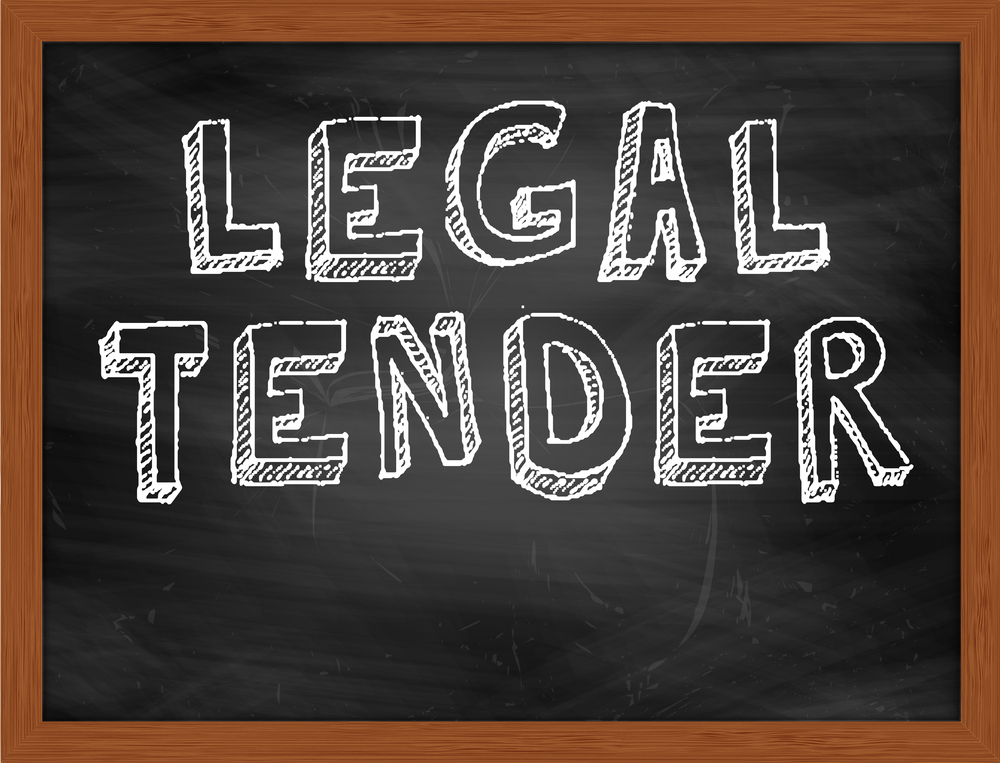African countries are going through an economic rough patch right now. Senegal is looking to introduce their blockchain based national digital currency shortly. This decision was made to address the financial turmoil in the country. eCFA, as this digital currency is called, will co-exist with existing legal tender in the country for the time being.
Senegal Sees Benefits of A National Digital Currency
What seemed to be a ludicrous idea at first is slowly turning into a go-to solution for countries struggling with financial woes. Senegal will be the second country in the world to issue their own digital currency, called eCFA. This project is a collaboration between Banque Regionale de Marches and eCurrency Mint Limited. The bank will be responsible for issuing the digital currency in compliance with existing e-money regulation.
Many people tend to forget Tunisia was the first country in the world to issue their own national digital currency. This African country made the decision at the end of 2015 to issue the currency, which can be transmitted over a cryptocurrency-based blockchain system. Ever since that time, not too much news has come out related to the Tunisian currency, though.
Senegal is looking to have their eCFA co-exist with the CFA Franc, which is the only other legal tender in the country. It is not entirely surprising to see the government take this route, as the potential for digital currencies remains undetermined. Having both options co-exist peacefully is the best course of action, although a future shift to go all-in on eCFA is not out of the question.
Industry experts predicted Africa would be an excellent testing ground for digital currency activities. Due to most economies being dominated by cash transactions, and the growing importance of mobile solutions, make the continent prone to a digital payment transition. BitPesa has been using Bitcoin as a remittance solution in four African countries for years now and seen their fair share of success in doing so.
What is even more intriguing is how the eCFA currency can be introduced in additional countries at a later stage. As the digital currency is compliant with WAEMU regulation, it is expected eCFA will be offered to eight other countries. That will heavily depend on how successful this pilot project is, though.
Albeit these national digital currencies sound like a very good idea their viability remains a big question. In the long run, these currencies do not solve any underlying financial issues in these countries. In fact, since they will co-exist with existing legal tender, this project sounds like a digital way to print additional currency. Not the best solution by any means.
Header image courtesy of Shutterstock
